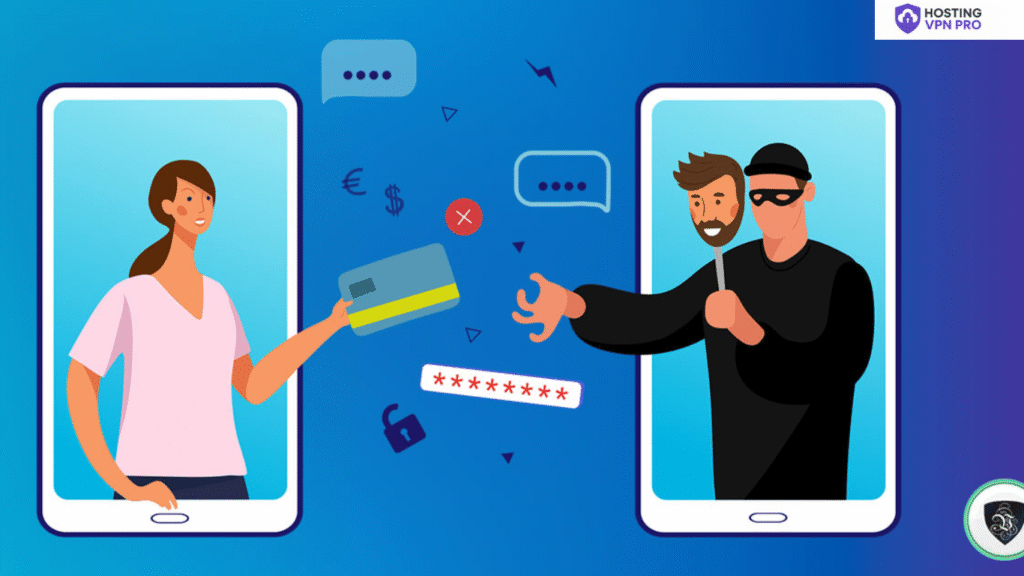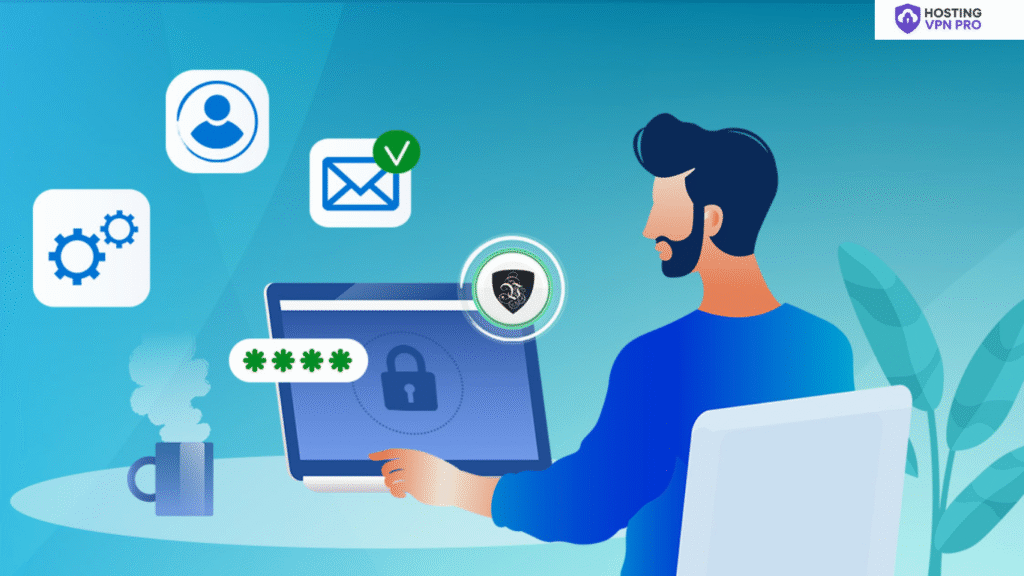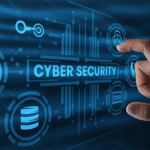In advancing the digital age where cyber threats are not so far away, they are the actual challenges. With increasing dependence on online services, fraudsters are targeting sensitive and business data.
As we are moving fast towards online services, using a VPN ( Virtual Private Network) has become a necessity to protect your safety online from hackers. From securing your internet to hiding your IP addresses. VPNs do all this for you.
Table of Contents
The Rising Wave of Cyber Threats
The digital world is spreading faster than ever, but with expansion comes a rising wave of cybercrimes. Hackers are lurking to steal your data, money and your sensitive information. Keeping yourself safe and secure means using a right VPN, which protects all your data and information.
- Counterfeit emails sometimes trick users into logging in their credentials.
- Malware corrupts your system and asks for an amount.
- Hackers track your communications over public wifi.
Also Read- VPNs for Students & Online Learning – Secure browsing and content access for education
How VPNs Protect You from Cyber Attacks

VPNs create a secure connection between your device and the internet, securing your private data from leaking. VPN makes tracking online impossible for hackers to locate or steal private data like financial details, passwords. By hiding your original IP address.
Encryption of Data-
VPNs secure your internet traffic, making it hidden to hackers.
Hiding IP Addresses-
VPNs hide your real IP address.This makes it harder for hackers to intercept your device.
Secure Public Wi-Fi Access-
Public Wi-Fi networks are an open bait for hackers where they can easily trap users. Using VPNs offers a secure tunnel that protects your data.
Security Against Geo-Targeted Attacks-
Hackers often target users based on their geographic location. VPNs create a shield between users and internet connection to make it appear you are browsing from a different country.
Bypassing Threat Detection Avoidance:
Some hackers attempt to block security monitoring tools. VPNs add an extra layer of security making it difficult for hackers to track your system.
Real Incidents Where VPNs Prevented Cyber Attacks
VPNs can save us from destroying cyber attacks, Businesses and remote workers avoided data leaks during wifi spoofing attacks only using VPNs encrypted traffic, making it impossible to track your digital footprints.
- Corporate Data Safety- Encrypted VPN connections make it tough for hackers to access personal files.
- Bypassers- Bypassers use VPNs to access secure servers on public Wi-Fi. This minimises cyber attacks.
- Bypassing-VPNs allow users to access geo-restricted services safely.
Smart Strategies to Stay Secure Online
Always go for a Trusted VPN Provider-
Always choose a trusted service provider like HostingVPNPro,
ActivateTwo-Factor Authentication (2FA)-
2FA for your accounts adds an extra layer of security.
Constant Update Devices and Software:
Keep your apps and security software updated.
Don’t use Public wifi-
Don’t use public wifi as they may contain malware and access your data.
Say informed-
Always Stay updated about new cyber threats.
The Evolving Battle Between VPNs and Hackers
AI-Powered VPNs-VPNs in 2025 are combined with the power of AI to identify threats.
Global Privacy policy–Countries opting tougher laws will increase VPN adoption.
Conclusion
VPNs are more than just a tool for security, they act like shields in the modern digital world where hackers are lurking everywhere to leak your data and gain control of your financial information. But by just using trusted VPNs like Hostinvpnpro can solve your every issue within seconds, and keeping your ahead of every threat and cyber fraud.
FAQs
What is a VPN, and how does it protect me from hackers?
A VPN encrypts your internet traffic and masks your IP address, making it harder for hackers to access your data.
Are free VPNs safe against hackers?
Not always. Many free VPNs log user activity or inject ads, potentially compromising your security. Paid, trusted services like HostingVPNPro are safer.
Can a VPN prevent all cyber attacks?
No. VPNs protect your network traffic and privacy but cannot prevent phishing, malware, or physical device attacks.
How do hackers bypass VPNs?
Hackers may use phishing, malware, or social engineering. VPNs help against network-based attacks but not all vectors.
Which VPN protocol is the safest in 2025?
WireGuard and OpenVPN are highly secure and reliable, with strong encryption and performance.
Does using a VPN slow down internet speed?
Modern VPNs optimize speed; minor reductions may occur but are negligible with high-quality providers.
Can VPNs protect me on public Wi-Fi?
Yes. VPNs create a secure tunnel that prevents MITM attacks on public networks.
How do I choose a trusted VPN provider?
Look for no-logs policies, strong encryption, global servers, and reviews from trusted sources like HostingVPNPro.
Is using a VPN legal in 2025?
In most countries, yes. Some countries restrict VPN usage, so check local regulations before use.
Can businesses benefit from VPNs?
Absolutely. VPNs secure employee communications, protect sensitive data, and prevent cyber attacks in remote work setups.


